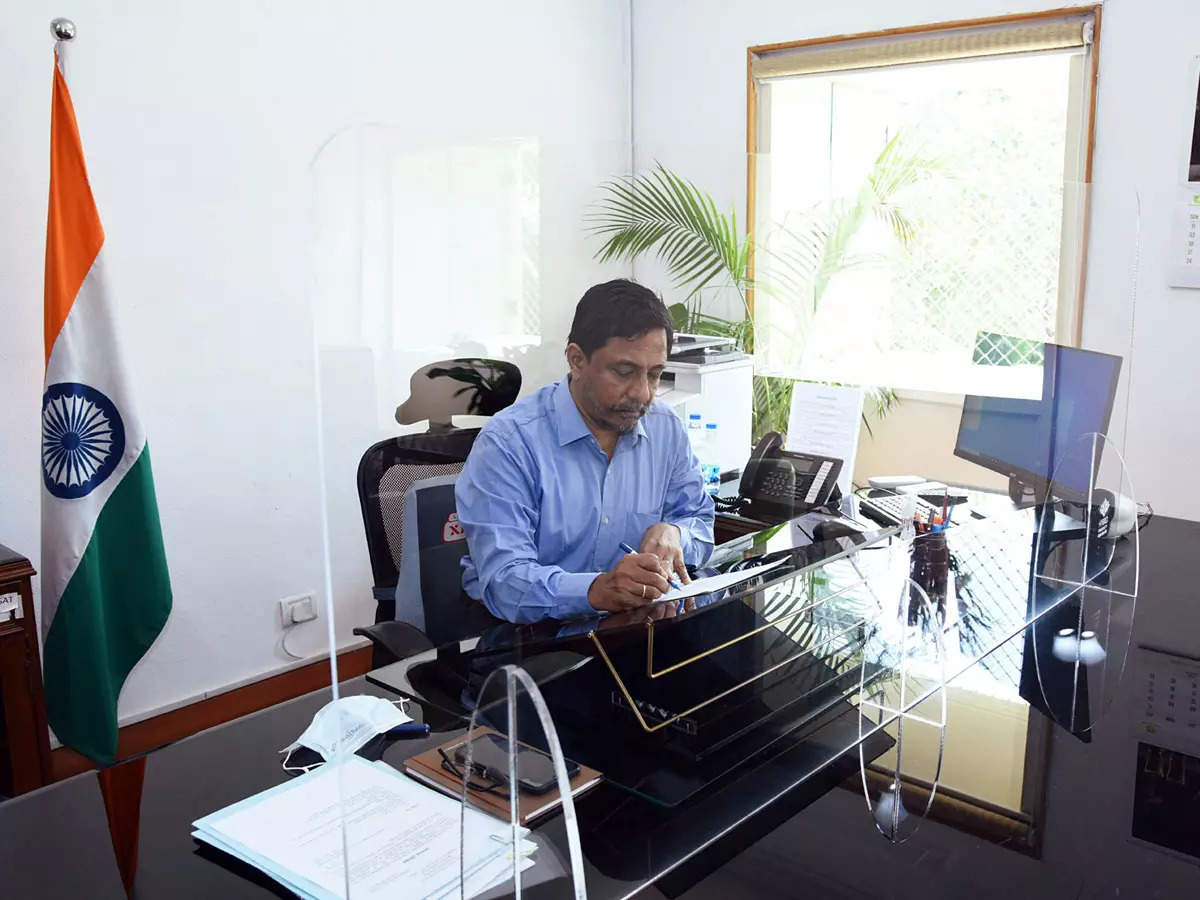
Telecom News : The indigenously-developed fourth generation or 4G technology to be deployed by state-run Bharat Sanchar Nigam Limited (BSNL) would be economical and overcome network security-related fears such as hidden backdoors in telecom equipment, a top official said.
“The 4G technology (developed indigenously) would work, and is very critical for India from a security and economic perspective, because you will get to make in India and also you will ensure that there are no hidden backdoors which can be exploited later on,” K. Rajaraman, secretary, Department of Telecommunications (DoT) told ET Telecom.
The locally-developed 4G technology could be a milestone for India as it may further seek to reduce dependency on multinationals such as Finnish Nokia and Swedish Ericsson dominating the Indian market while Chinese gear maker Huawei is accused of backdoors by the US and a few of its European allies.
Earlier, the UK-based Vodafone said that it had found vulnerabilities in equipment supplied by Shenzhen-based Huawei including hidden backdoors that could have provided unlawful access to the Chinese company.
In July last year, BSNL selected the Tata Consultancy Services (TCS)-driven consortium including the state-owned Centre for Development of Telematics (C-DoT) which has designed and developed core equipment indigenously.
The Mumbai-based TCS and C-DoT have deployed a trial network for BSNL at Ambala and Chandigarh with a 120-day deadline which was later extended up to December 31, and later to January 2022, and a further breather was given to the Tata-backed group to fully conform to network tests.
“I feel that maybe in April, it (PoC completion) may be announced. I have personally visited some of the sites. Performance is good. I think there are a few more tests which have to be completed while the most critical ones are all done,” the official added.
Recently, the Minister of State for Communications Devusinh Chauhan said that following the next generation network demonstration, the purchase order (PO) for 4G equipment would likely be placed by BSNL in April.
“In the last Cabinet meeting, in-principle approval was given to BSNL 5G. So it’s only a matter of customer readiness, and if they are ready to switch on with the 4G PoC, the equipment is all 5G-enabled. With some tweaks, I think they will be able to move to 5G.
Earlier, the public sector research and development firm C-DoT said that the consortium has a seamless network scalability roadmap and would plan to upgrade the BSNL network to the fifth generation or 5G non-standalone (NSA) by end of 2022, and to 5G standalone (SA) by 2023.
